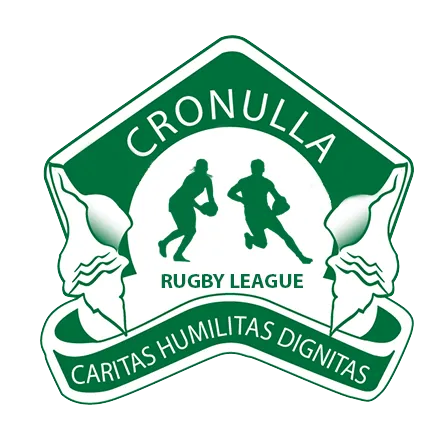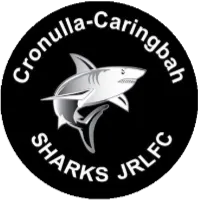Ooops! Page Not Found
It looks like you've taken a step off the beaten path. Let's help you find what you're looking for
Here are some helpful links:






It looks like you've taken a step off the beaten path. Let's help you find what you're looking for
Here are some helpful links:





